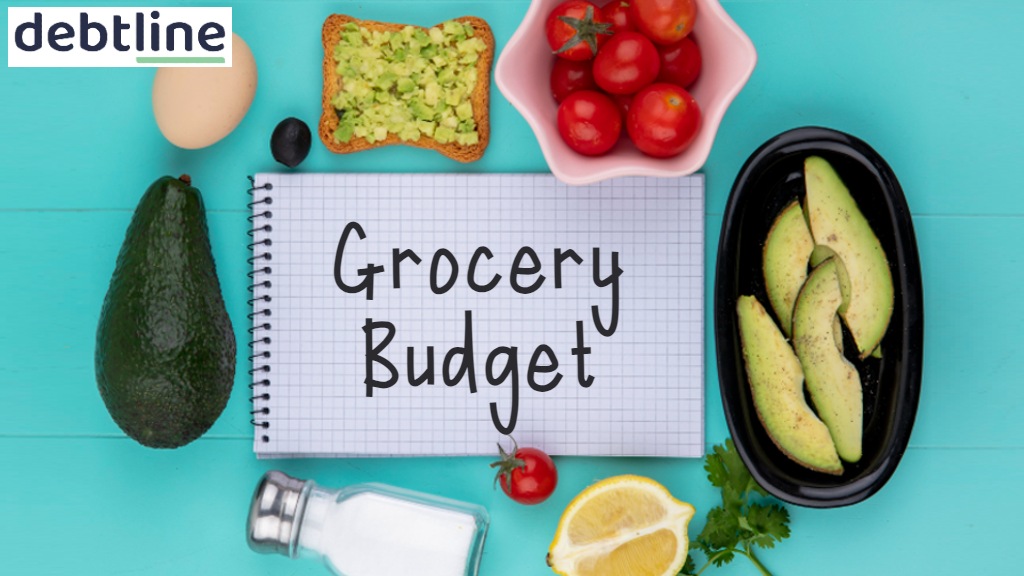How to Avoid Soaring Food Prices in South Africa 2024

As we settle into 2024, the economic impact of rising food prices in South Africa is evident. The reality is that many families are struggling to put nutritious meals on the table without breaking the bank. This dilemma strains many households financially, unavoidably affecting their mental and physical health.
This article explores practical ways to navigate these challenges creatively and beat food inflation while maintaining financial stability.
Understanding the Impact of Food Prices
The surge in food and fuel prices affects the cost of living, directly impacting mental health and financial stability. Many South Africans, grappling with income losses during the pandemic, resort to debt to meet basic needs, further straining their financial stability. Statistics show that since 2021, 83% of consumers have been altering their purchasing behaviour, highlighting the substantial impact of inflation on consumer behaviour.
Read more: 10 Ways to Save Money and Conquer Debt in SA
According to the October 2023 Household Affordability Index, the Household Food Basket’s average cost has surged by a staggering 10.6% since October 2022, significantly impacting South African households. This surge poses a significant challenge for the average South African household, leaving most resorting to debt as their only solution. As prices soar, stress levels increase, particularly for those already facing financial constraints.
The Debt Dilemma
Amidst the economic challenges, a concerning trend emerges – using credit cards and store cards to cover monthly grocery expenses. With many experiencing salary cuts and job losses during the pandemic, some South Africans have turned to debt to cope with rising costs.
Read more: Does Your Salary Make it Through the Month?
The NCR Unsecured Credit Study shows a 20% increase in the average South African’s credit card balance, reflecting a reliance on credit to buffer the escalating cost of living. As a result, many consumers are turning to debt review companies for debt consolidation.
Practical Ways to Beat the Inflation of Food Prices
With the relentless rise in food prices, managing grocery expenses is crucial for financial well-being. Here are some practical tips that can significantly impact your grocery spending budget:
- Plan Your Shopping: Planning ahead will save time and money. Create a weekly food plan to budget effectively and reduce stress. Divide your monthly shopping budget into four weeks, and always enter the shops with a grocery list – after checking the kitchen cupboards.
- Choose Fresh Over Pre-Cooked: Opt for fresh produce and prepare meals at home. Prepare lunch over buying takeaways. Convenience comes at a price, and homemade meals are often more cost-effective than frozen meals and takeouts. Additionally, they are healthier!
- Compare Prices: Explore prices at various stores to identify the best value and take advantage of bulk discounts and special offers. Look for value rather than brand names. Compare generic brands to save without compromising quality.
- Pay in Cash and Leverage Loyalty Cards: Use reward and savings cards grocery stores offer. Accumulating small savings over time contributes to your budget. Pay for food and other necessities in cash instead of credit cards, leaving credit for emergencies only.
- Stay Focused: Stick to your monthly plan and always have a detailed shopping list to avoid impulsive purchases when shopping. By preparing and sticking to your list, you will focus on necessities and resist marketing tactics – they are designed to encourage additional spending.
Navigating rising food prices in South Africa requires a combination of strategic planning, budgeting, and informed decision-making. Implementing these practical tips can safeguard your family’s nutritional needs while contributing to overall financial stability. Preparing will significantly reduce financial stress and combat soaring food prices in 2024.
Let Debtline Be the Help You Need
As we steer the challenges of food inflation, it may be time to address overall financial well-being. While effective strategies may help alleviate the immediate impact of soaring living expenses, it is not enough. Avoiding unnecessary debt and efficiently managing existing financial obligations is paramount. If you are facing debt challenges, Debtline is here to provide valuable assistance and support on your journey to financial well-being.
Read more: 5 Reasons Why South Africans Are Buckling Under Their Debt
For comprehensive debt management solutions, consider reaching out to Debtline. Their team of professionals, including NCR-registered debt counsellors, can provide expert advice, negotiate debt repayments, and tailor debt relief programs to suit your unique needs. Visit their website, fill in the contact form for a free call-back, and make 2024 count!